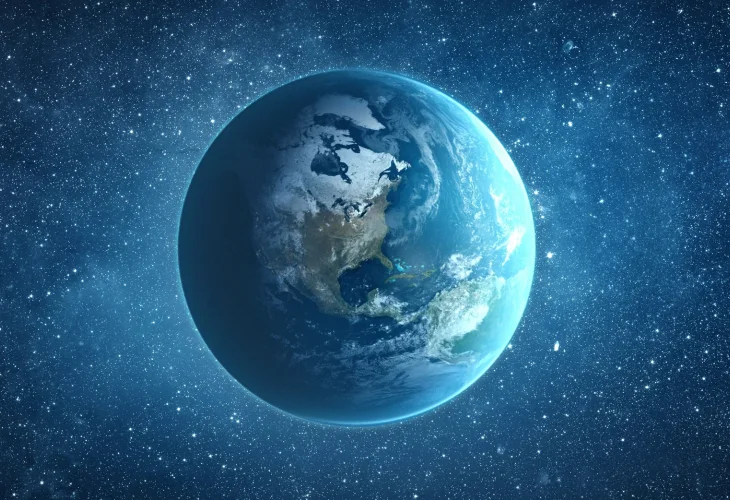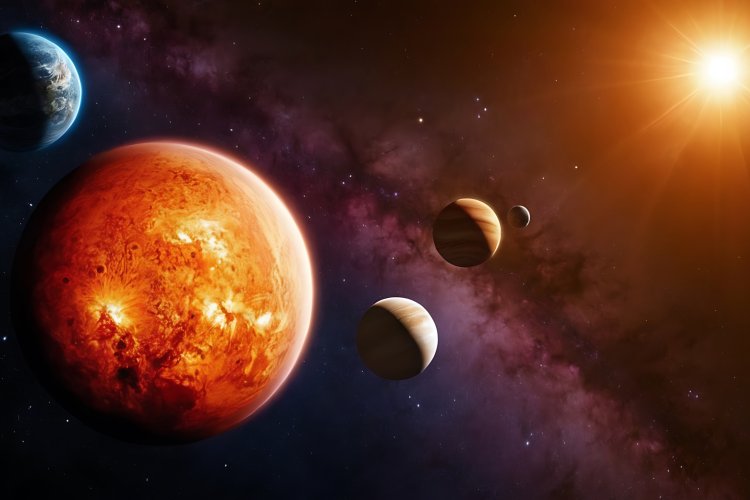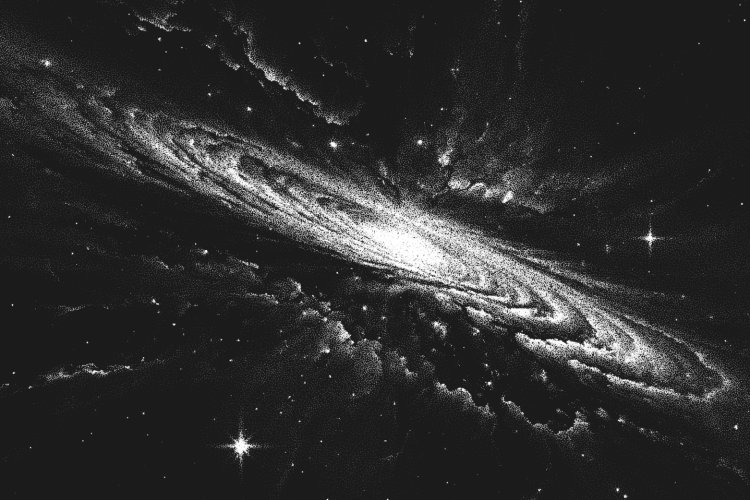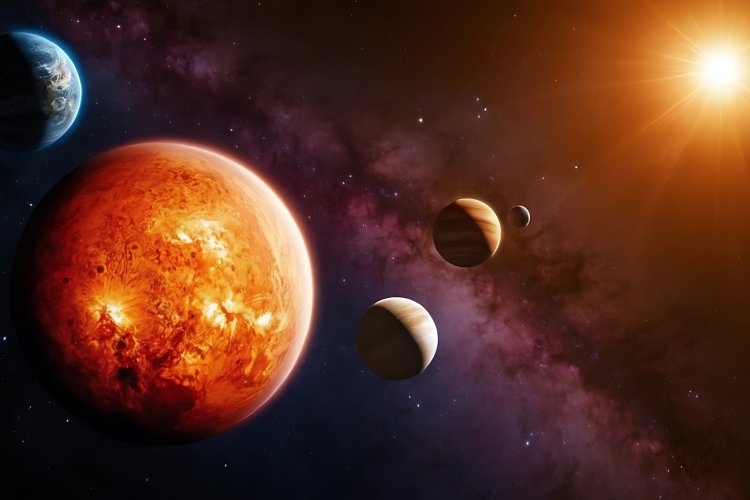In Search of God
Reconciling Science and Torah: The True Age of the Universe
How Jewish sources written thousands of years ago align precisely with modern scientific calculations of the universe’s age
 (Photo: shutterstock)
(Photo: shutterstock)The scientific estimates of the universe’s age are not absolute facts but theoretical interpretations based on prior assumptions. For example, the calculation that depends on the light from distant stars presumes a constant rate of cosmic expansion — but according to Jewish belief, the Creator could have caused the universe to expand faster or slower at will.
As physicist Dr. Gerald Schroeder explains in his book The Science of God, according to Einstein’s theory of relativity, two time systems can exist simultaneously — one from the perspective of the Creator, and one from that of the universe. Thus, billions of years could pass within 24 hours, without contradiction.
This article offers one possible explanation for harmonizing scientific and Torah-based understandings of the universe’s age, though it is not the only interpretation. May we merit, with God’s help, to approach the true wisdom of the Torah.
How Old Is the Universe?
The age of the universe — or the time elapsed since Creation, has long been viewed as a point of conflict between modern science and Jewish tradition. However, as we will see, the two perspectives may not contradict each other at all. In fact, they may even complement one another.
The Scientific View: The Big Bang and the Expanding Universe
The leading scientific theory for the origin of the universe is the Big Bang Theory. According to it, all matter and energy were once compressed into a single point (a singularity), which then expanded in all directions, filling space with the initial burst of energy — what the Torah calls “Let there be light.”
Over the past century, several discoveries have supported this theory:
The cosmic microwave background radiation, the faint afterglow of the Big Bang.
The ongoing expansion of the universe, observed through redshift in distant galaxies.
Using these, scientists estimate the universe’s age through Hubble’s constant — the ratio between the speed of a galaxy’s recession and its distance from us.
The Planck space telescope (2009–2013), operated by the European Space Agency, provided the most precise measurements of the cosmic background radiation. Published in 2018, its data suggest the universe’s age is approximately: 13.787 ± 0.020 billion years (based on a Hubble constant of 67 km/s/Mpc)
Other measurements, using the Hubble Space Telescope and James Webb Telescope, yield a slightly different constant (74 km/s/Mpc), reducing the estimate to about 12.6 billion years.
Scientists today are still debating how to reconcile these results.

The Torah’s Timeline: 5,784 Years — and Before
According to the traditional Jewish calendar, 5,784 years have passed since the creation of Adam — the human world described in Bereishit. This seems to conflict with the billions of years described by science, leading some to dismiss the Torah’s account as outdated. However, this conclusion overlooks key teachings found in classical Jewish sources.
Worlds Before This One
The Midrash Rabbah (Bereishit 3:7) quotes Rabbi Abbahu, who taught: “The Holy One, blessed be He, created worlds and destroyed them.”
In other words, before our current universe, God created and erased other worlds. This suggests a vast cosmic history predating humanity — perfectly consistent with a universe far older than 5,784 years.
The Zohar (Parshat Terumah) adds: “The Holy One, blessed be He, looked into the Torah and created the world.” The Torah, then, is the blueprint of creation — existing before the physical universe itself.
The Book of Tehillim (105:8) also hints at this pre-creation timeline: “He remembered His covenant forever, the word which He commanded to a thousand generations.”
Rashi explains: The Torah was meant to be revealed after 1,000 generations, meaning it existed 974 generations before creation, plus 26 generations from Adam to Moshe — exactly 1,000.

The Talmudic Reference: 974 Generations Before Creation
The Talmud mentions this idea several times:
Shabbat 88b: “The Torah was hidden with God 974 generations before the world was created.”
Zevachim 116a: “A precious treasure was hidden with Him 974 generations before creation.”
Chagigah 13b: “These are the 974 generations that were compressed and prevented from being created.”
Calculating the Universe’s Age According to Torah
Let’s compute, step by step, using the Torah’s own numerical logic.
One generation = 40 years
(as derived from the desert generation in the Book of Bamidbar).One lunar year = 354 days (average Hebrew calendar year).
One divine day = 1,000 human years, as stated in Tehillim 90:4: “For a thousand years in Your sight are but as yesterday.”
Now multiply: 974 generations × 40 years × 354 days × 1,000 years (per divine day) = 13,791,840,000 years
The number 13.79 billion years, matches almost exactly the modern scientific estimate from the Planck telescope for the universe’s age.

Harmony Between Torah and Science
Ancient Jewish sources, written nearly two millennia ago, yield the same numerical result that modern astrophysics arrived at only in the 21st century.
Rather than conflict, we find remarkable harmony, suggesting that the Torah and science are two lenses describing the same reality:
one through divine revelation, and the other through human discovery.
Adapted from the book “Interwoven Worlds (עולמות משתלבים)” by a Technion graduate, B.Sc. in Physics (with honors).

